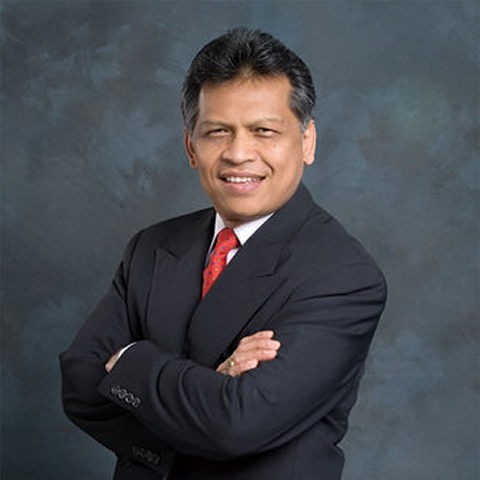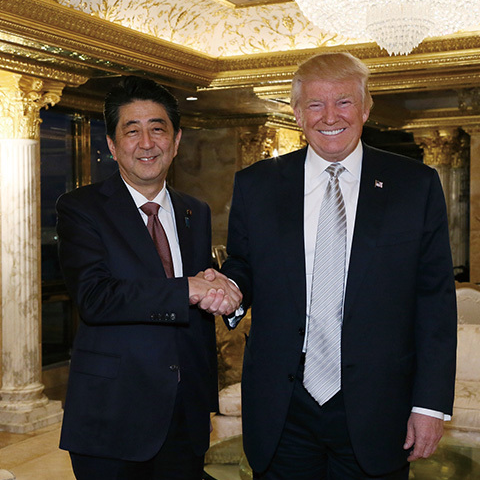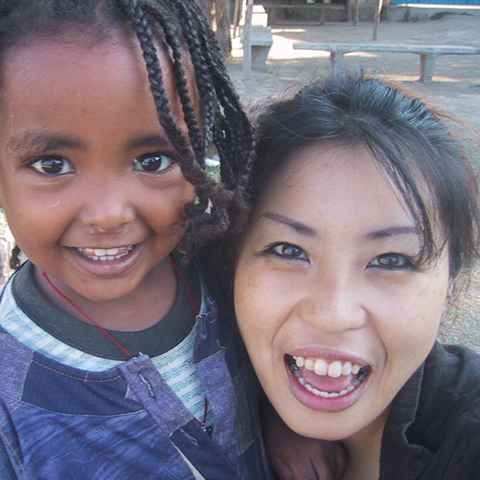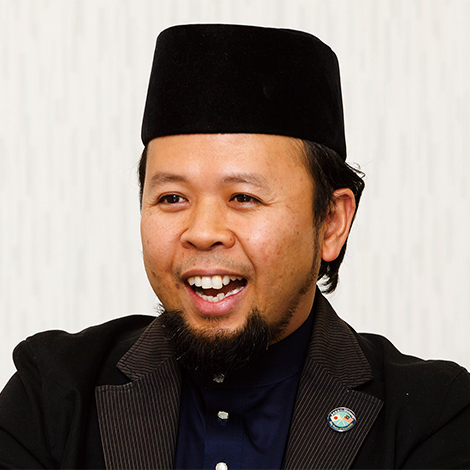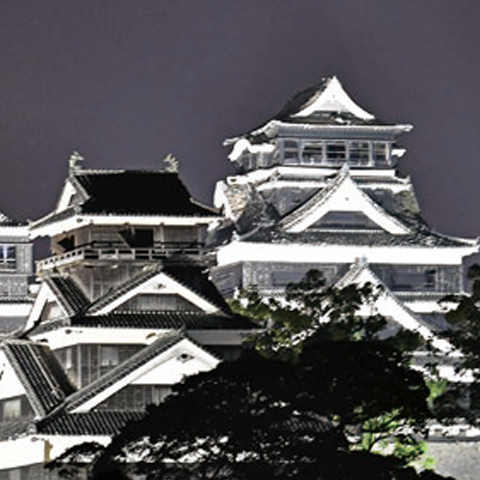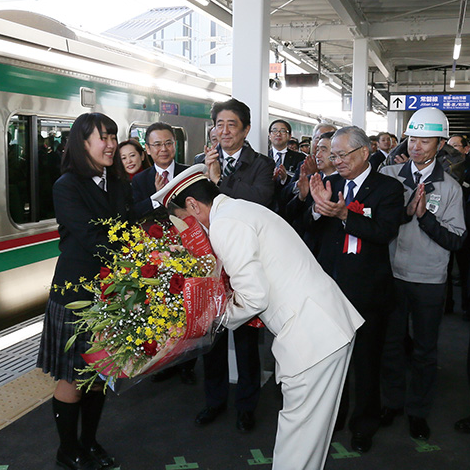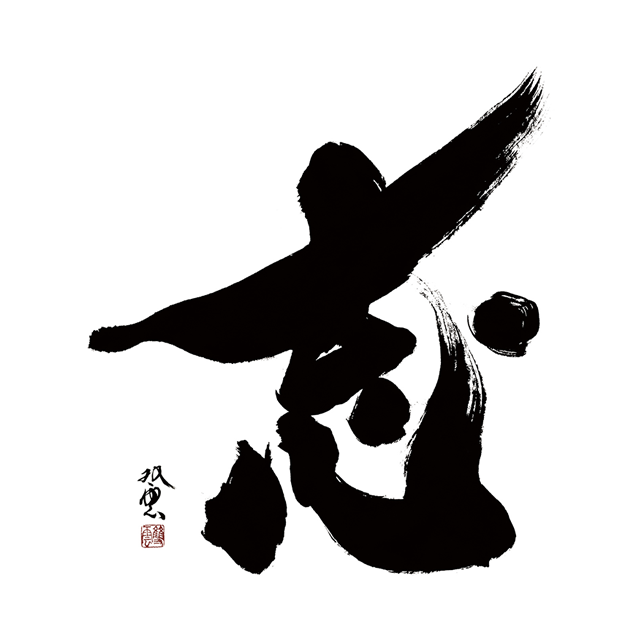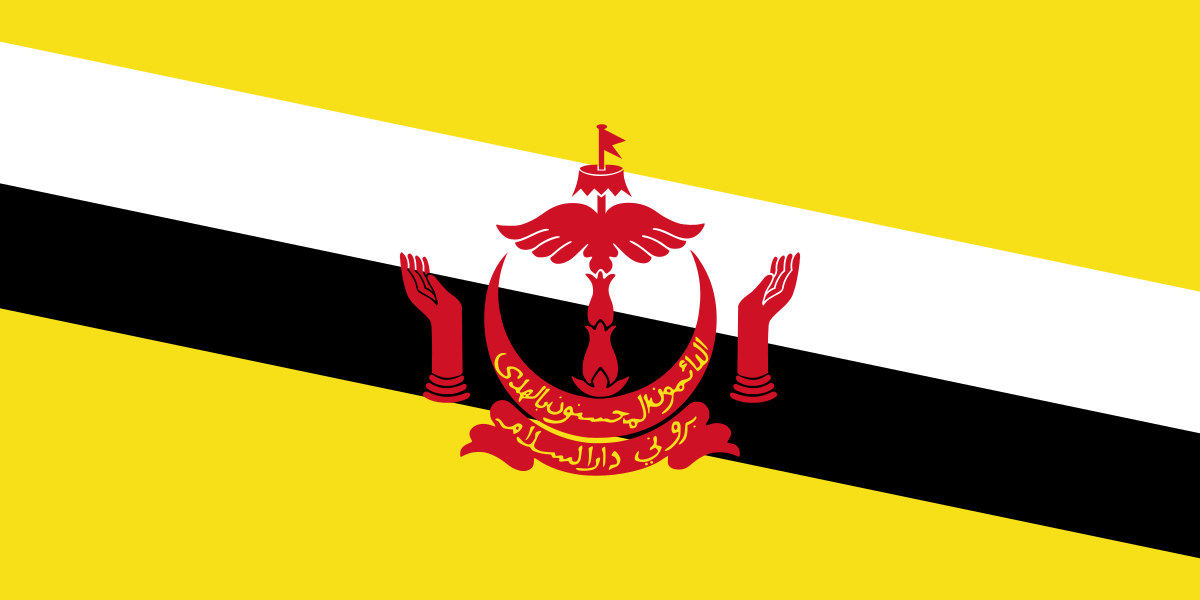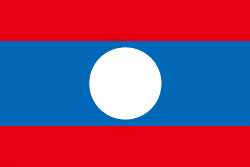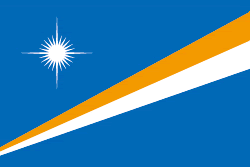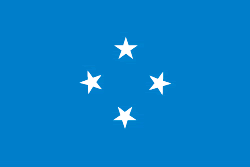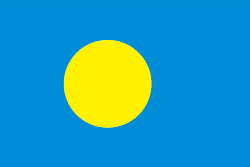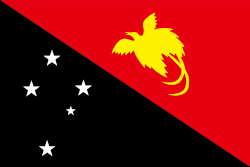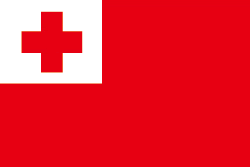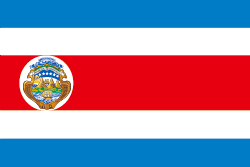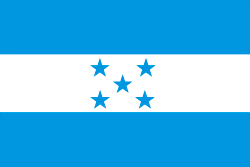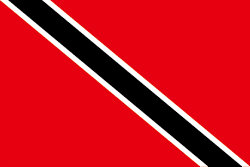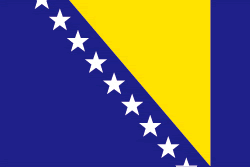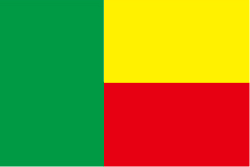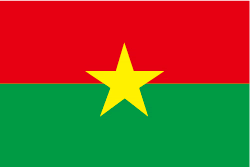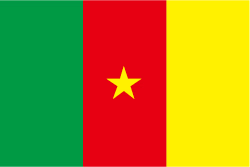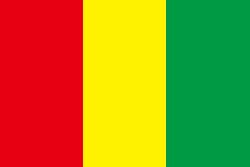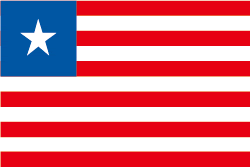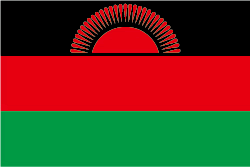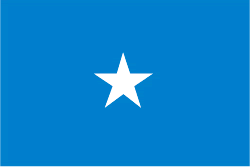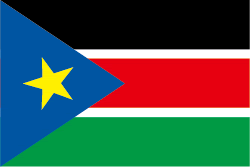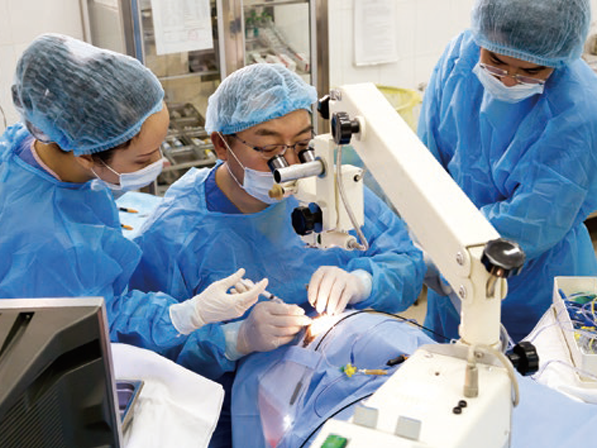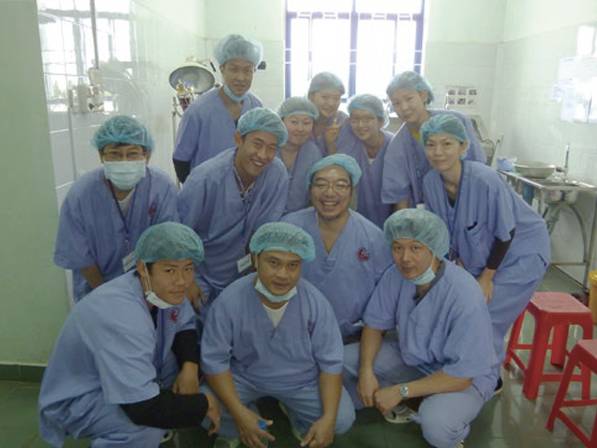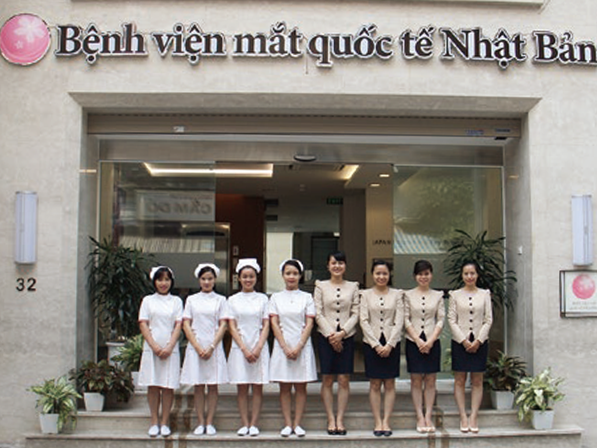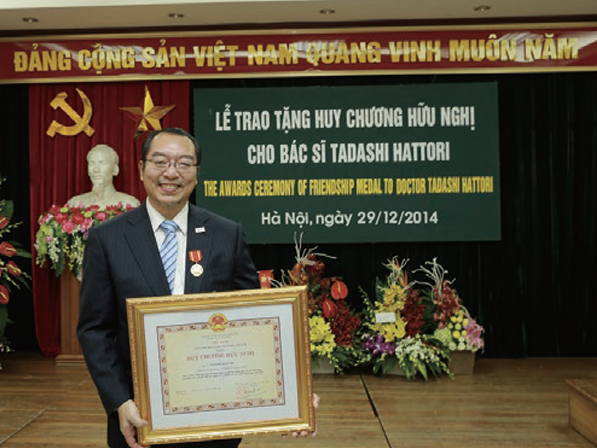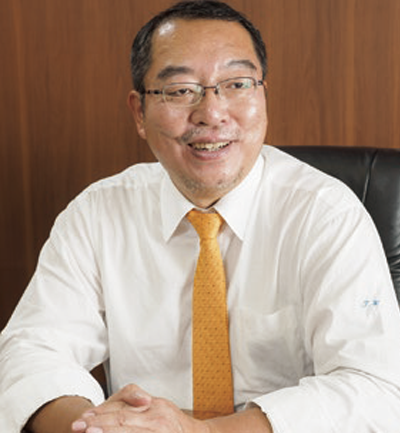Tadashi Hattori is a Japanese ophthalmologist who provides free eye treatment in Viet Nam and other countries. He spends half of each month working in Japan and the other half mainly in Viet Nam, conducting examinations and operations. He has also performed medical work and given technical training in Thailand, Laos, Myanmar, Indonesia, and Cuba. To date, he has treated more than 16,000 patients overseas.
Hattori can perform the particularly difficult operation of treating proliferative retinal detachment several times in one day. In Viet Nam, he is described as the “doctor with golden hands.”
Hattori is a highly skilled practitioner, capable of performing 20–30 cataract operations or 6–8 vitrectomies per day, but he does not accept payment for work outside of Japan. Each month he earns all the money he needs for his overseas work, including travel, accommodation, and treatment expenses, by conducting operations at domestic hospitals during his two weeks in Japan, and then he flies off to overseas destinations. He has followed this schedule for the past 14 years.
Hattori set his sights on becoming a doctor at the age of 15. The cold treatment that his father received from staff when he was admitted to hospital with cancer led Hattori to resolve to become a doctor who considers the feelings of patients and their families. After going through medical school, he became an ophthalmologist, building experience at hospitals around Japan.
He is working to train younger doctors in both Japan and Viet Nam.
The Japan International Eye Hospital opened in Hanoi in 2014. Japanese eyeglass manufacturers supported the project with financing.
In 2007, Hattori received the Order of Citizen’s Health from the Vietnamese Ministry of Health in recognition of his long years of effort. In 2014 he received the Medal of Friendship from the government of Viet Nam, the country’s highest honor for foreign individuals.
In 2002, he went to Hanoi for the first time at the invitation of a Vietnamese doctor. He found that both eye specialists and treatment facilities were extremely limited, and he encountered patients who had prospects for recovery but were unable to receive treatment. He had originally planned just one three-month stay, but after he returned to Japan he used his savings to buy medical equipment and went back to Viet Nam. He was able to help many people with his new equipment. But he realized that large numbers of patients were unable to get to Hanoi, so he traveled to smaller regional cities to perform many more free examinations and operations.
“Whether people can see or not decisively affects their lives. Even just healing one eye may make it possible for someone to attend school or go back to work. It can also give relief to family members who have been looking after an affected person. I can’t turn my back on people who are on the verge of losing their sight just because they lack the money to pay for treatment. My starting point as a doctor is to help people.” So declares Hattori, revealing the basis of his passion.
In 2014, Hattori founded the Japan International Eye Hospital in Hanoi. This hospital provides paid treatment to affluent patients; the income is used as a sustainable source of funds for volunteer activities. Hattori is also devoting himself to training activities. Thanks to his technical training in various locations, there are now 20–30 more Vietnamese specialists who are able to perform retinal detachment surgery and other advanced operations, and they have become available to patients in regional cities in Viet Nam. Hattori says, “By teaching young doctors, I hope to contribute to healing the eyes of as many people as possible. And by conveying the value of volunteer work to others, I hope to create an environment in which even those who lack money can receive medical treatment.”
Tadashi Hattori
Born in Osaka in 1964. Graduated from Kyoto Prefectural University of Medicine in 1993, and worked as an ophthalmologist at hospitals around Japan. Since 2002, he has continued to conduct voluntary work in Viet Nam, receiving support from the nonprofit organization Asia Prevention of Blindness Association, founded in 2003.
Honorary director of the Japan International Eye Hospital, founded in Hanoi in 2014, adjunct professor at Kyoto Prefectural University of Medicine, and visiting professor at the Graduate School of Medicine, Osaka University.


























